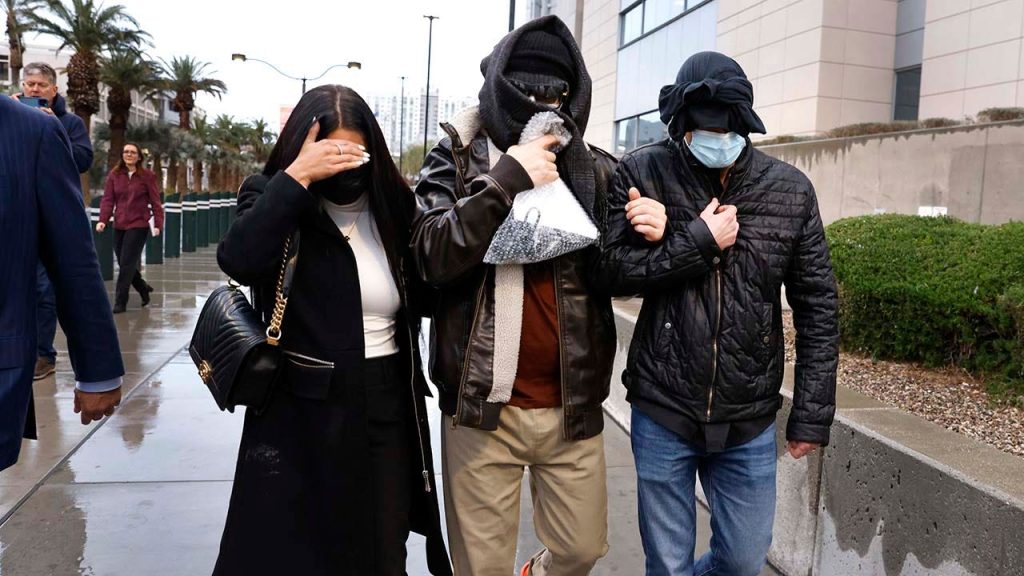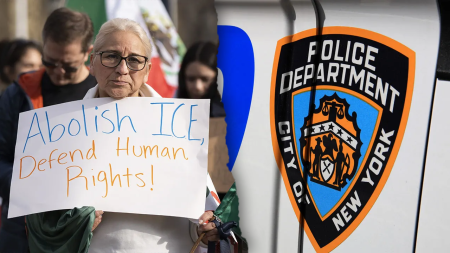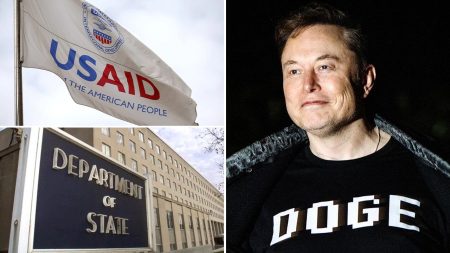The Unraveling of Alexander Smirnov: A Plea Agreement and the Shadows of Disinformation
The legal saga of Alexander Smirnov has taken a decisive turn with the announcement of a plea agreement reached with Special Counsel David Weiss’s office. This agreement signals a potential conclusion to a complex case involving allegations of disinformation, obstruction of justice, and tax evasion. While the full extent of Smirnov’s activities remains shrouded in some ambiguity, the plea agreement sheds light on a pattern of deceptive practices, potentially implicating broader networks and raising questions about the vulnerability of investigative processes to manipulation.
The plea agreement centers around Smirnov’s admission of guilt on several counts, most notably "causing the creation of a false and fictitious record in a federal investigation," as outlined in Count Two of the indictment. This admission suggests a deliberate effort to mislead federal authorities, possibly by fabricating evidence, providing false statements, or manipulating existing information. The gravity of this charge lies in its potential to undermine the integrity of investigative processes, hindering the pursuit of justice and obstructing the discovery of truth. It raises concerns about the potential for individuals to exploit vulnerabilities within law enforcement and intelligence agencies, injecting fabricated narratives into official investigations.
Beyond the manipulation of federal investigations, Smirnov’s plea agreement also encompasses admissions of guilt related to tax evasion. These charges suggest a pattern of financial impropriety, potentially indicating broader attempts to conceal illicit activities or resources. While the specifics of the tax evasion charges are not yet fully disclosed, their inclusion in the plea agreement points to a multi-faceted scheme potentially involving complex financial transactions and deliberate efforts to circumvent tax laws. The entanglement of financial crimes with allegations of disinformation further complicates the narrative, raising questions about the motivations and potential beneficiaries of Smirnov’s actions.
The plea agreement offers a glimpse into the alleged actions of Smirnov, describing his provision of "false derogatory information to the FBI." This act of disseminating disinformation carries significant implications, particularly in the context of federal investigations. By introducing false and damaging information, Smirnov potentially sought to manipulate the course of investigations, targeting individuals or entities with unfounded accusations. This manipulation could have far-reaching consequences, damaging reputations, diverting investigative resources, and potentially obstructing the pursuit of legitimate leads. The deliberate dissemination of disinformation strikes at the heart of trust in institutions, eroding public confidence in the integrity of investigative processes.
The broader context surrounding Smirnov’s case remains largely undisclosed, leaving unanswered questions about potential connections to wider networks or conspiracies. The plea agreement itself does not explicitly detail any such connections, yet the nature of the charges raises the possibility of Smirnov acting as part of a larger operation. The deliberate provision of disinformation to the FBI suggests a calculated effort to influence or disrupt investigations, possibly serving the interests of undisclosed parties. Further investigation may be necessary to unravel the full extent of Smirnov’s activities and identify any potential collaborators or beneficiaries of his actions.
The case of Alexander Smirnov serves as a stark reminder of the vulnerability of investigative processes to manipulation and the corrosive effects of disinformation. The plea agreement, while providing some clarity on Smirnov’s actions, also underscores the need for continued vigilance in safeguarding the integrity of investigations and protecting against the spread of false narratives. The potential consequences of disinformation, particularly when injected into official channels, are far-reaching, potentially undermining public trust, obstructing justice, and damaging reputations. As the Smirnov case progresses, it is crucial to examine the broader implications of his actions and to strengthen mechanisms for detecting and countering disinformation campaigns. The plea agreement marks a significant step towards accountability, but the full story, with all its complexities and potential implications, may still be unfolding. The pursuit of truth and justice demands a thorough examination of the circumstances surrounding this case, including the identification of any networks or individuals involved in perpetuating disinformation.










